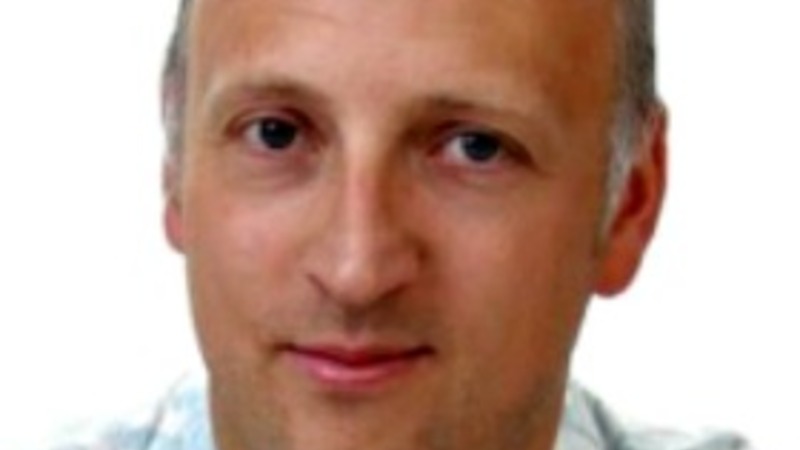This week, we’ve been talking to Tim Needham, a specialist paramedic, about his work with a local GP surgery…
I joined the ambulance service and thought that this will be my career for life, I will work here in this trust helping people until I retire in 40 years. How things change!
So now, 15 years have past and I am moving on, if only partially. I have a great balance now, I spent the last 11 years being a Paramedic, loving it and learning all the time. I moved on to ECP and enjoyed the additional work and skills that this brought. I was happy working in the city where I live – no long commutes. That was until last year, I was approached by a mutual friend and asked to discuss with a GP surgery what an ECP (now Specialist Paramedic) could bring to the table.
I was happy to advise, but wasn’t keen to leave my current role of SP in an NHS Trust (surely this is where you keep current and active as a paramedic), but as we all know weekends, nights, and quick turnarounds are a killer and when you add family life into the mix, this it’s really hard.
After some discussion and juggling, I am now working part time for both the GP and the ambulance service, and very much enjoying it. I have the comfortable and varied role of the 999 workload which is made up of the urgent and not so urgent calls which present to the ambulance service and then I have the busy but unknown work from the GP surgery.
If you’re one of those paramedics that like to sit on standby and complain at how busy you are – just remember that you are sat on standby! I would advocate a day in primary care, it would be a great eye opener - it’s another level of demand, but despite this it’s very much an enjoyable place to work. The things that you didn’t know are amazing and apparently never-ending! I thought that I had a good grasp on out of hospital workload, yet now I have discovered a whole new workload and conditions which I have never encountered: thankfully there’s a GP next door!
In the surgery the patients are happy because we are now able to see them more quickly. More minor ailments are treated on the same day and dealt with by me, freeing up the GP for the complicated conditions which can be discussed, treated and referred in a shorter time span than previously possible. This is, in my opinion, a win-win for the patient and the NHS; although perhaps not for the ambulance service who are losing their staff daily.
Over the last 10 years paramedics have arrived on the scene as a respected Allied Health Care Professional, from starting a degree journey to now having full academic pathways up to PhD and consultant paramedic. Ten years ago we were still an unknown quantity, doing great work vastly untested and on the whole under the radar. We were sadly in some cases still regarded as ‘ambulance drivers’, now we are seen as a valuable part of the health care team, with skills and decision making abilities that are only found in paramedicine. We are happy to deal with the MI which walks in and the cardiac arrest in reception yet still able to deal with a chest infection, a truly varied and broad-scoped professional.
The future is bright, there are so many doors open now for skilled and proactive Paramedics in the UK. Prescribing is the current obstacle on our progression but I am sure that this will be overcome in the next couple of years. The DH promised 5000 new GPs and many physicians associates – all of which have yet to arrive in force and who is there ready to take the workload – that’s right you and I!
Tim Needham
SP in Primary Care & NHS Ambulance services.
